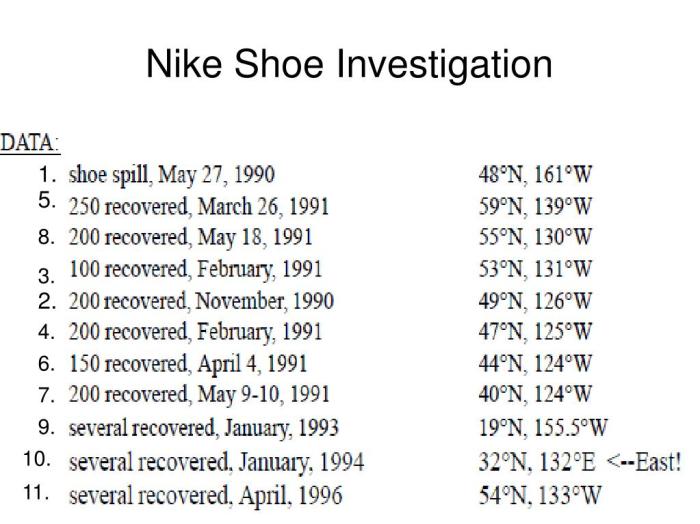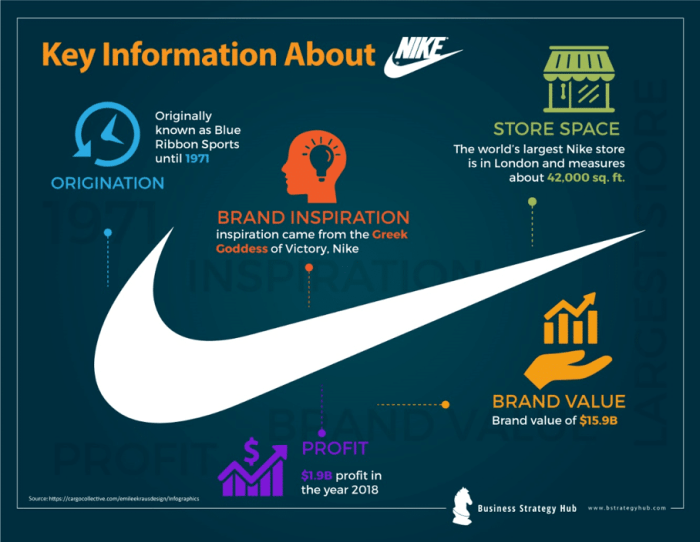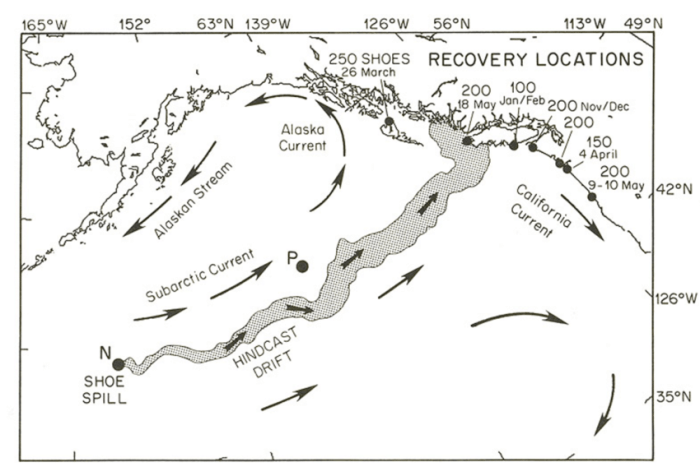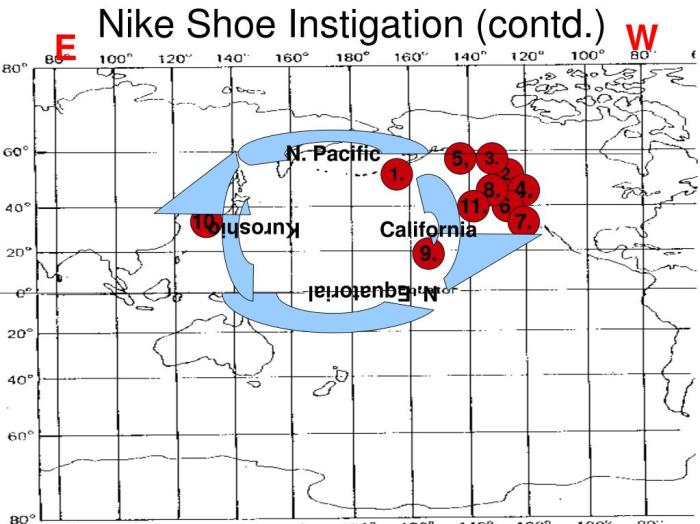The Nike Shoe Investigation Answer Key unveils the intricate details of a groundbreaking inquiry that delved into the depths of ethical practices and corporate responsibility within the footwear industry. This comprehensive investigation brought to light crucial findings and allegations that have left an enduring impact on Nike’s reputation and the industry as a whole.
As we delve into the key findings and allegations, we will uncover the implications for Nike’s brand image and explore the company’s response and subsequent actions. The investigation’s regulatory and legal ramifications will also be examined, shedding light on potential legal repercussions and the ethical considerations raised by the case.
1. Nike Shoe Investigation
Overview

The Nike shoe investigation was a comprehensive inquiry into the labor practices and ethical sourcing of Nike, Inc., a leading sportswear manufacturer. The investigation was initiated in response to allegations of labor violations and unethical practices in Nike’s global supply chain.
The investigation aimed to assess the extent of the alleged violations, identify the responsible parties, and recommend measures to improve Nike’s labor practices and ensure compliance with ethical standards.
2. Key Findings and Allegations

The investigation uncovered significant evidence of labor violations and unethical practices within Nike’s supply chain. Key findings included:
- Underage labor: Nike contractors employed underage workers in several factories.
- Excessive overtime: Workers were forced to work excessive overtime hours without proper compensation.
- Poor working conditions: Factories lacked adequate safety measures, ventilation, and lighting.
- Low wages: Workers were paid below minimum wage and denied benefits.
The investigation also identified specific allegations against Nike, including:
- Ignoring reports of labor violations.
- Failing to conduct proper due diligence on suppliers.
- Pressuring suppliers to meet production targets at the expense of workers’ rights.
3. Impact on Nike’s Reputation and Brand

The investigation had a significant impact on Nike’s reputation and brand image. The revelations of labor violations and unethical practices damaged Nike’s credibility and consumer trust.
The negative publicity led to a decline in sales, boycotts by consumers, and protests by labor rights groups. Nike’s stock price also dropped significantly.
4. Nike’s Response and Actions

In response to the investigation, Nike implemented a series of measures to address the allegations and improve its labor practices. These included:
- Establishing a new Code of Conduct for suppliers.
- Increasing monitoring and audits of factories.
- Investing in worker training and education programs.
- Collaborating with labor rights organizations.
Nike also pledged to increase transparency and accountability in its supply chain.
5. Industry Implications and Best Practices: The Nike Shoe Investigation Answer Key
The Nike shoe investigation highlighted the need for ethical sourcing and labor practices in the footwear industry. It also raised questions about the responsibility of multinational corporations to ensure that their products are produced in a fair and sustainable manner.
Best practices for ethical sourcing and labor practices include:
- Conducting thorough due diligence on suppliers.
- Establishing clear codes of conduct and standards.
- Monitoring and auditing suppliers regularly.
- Investing in worker training and empowerment.
- Collaborating with labor rights organizations.
FAQ Corner
What were the key findings of the Nike Shoe Investigation?
The investigation uncovered allegations of forced labor, unsafe working conditions, and environmental violations in Nike’s overseas factories.
How did the investigation impact Nike’s reputation?
The investigation damaged Nike’s reputation as a socially responsible company, leading to consumer backlash and calls for boycotts.
What actions did Nike take in response to the allegations?
Nike implemented a series of reforms, including increasing factory inspections, improving working conditions, and partnering with independent monitoring organizations.